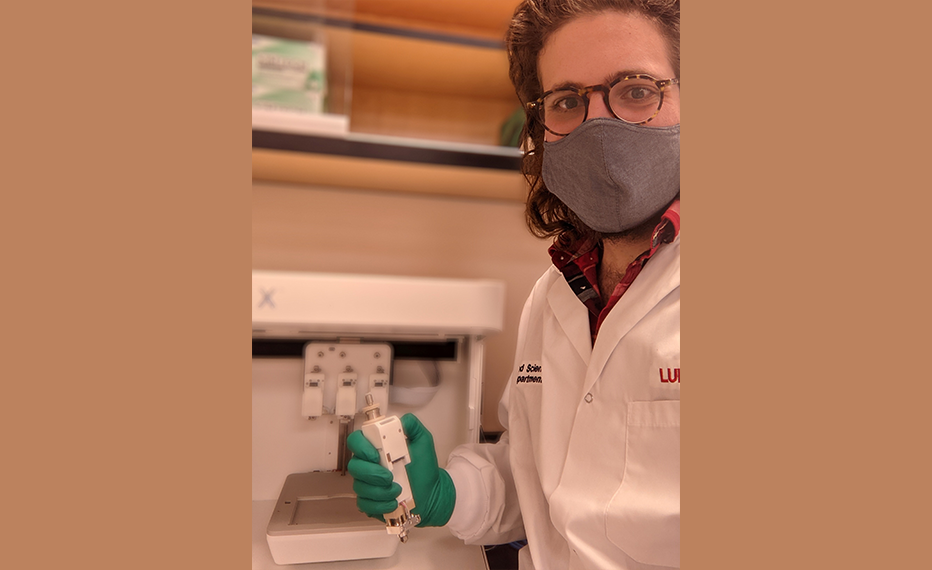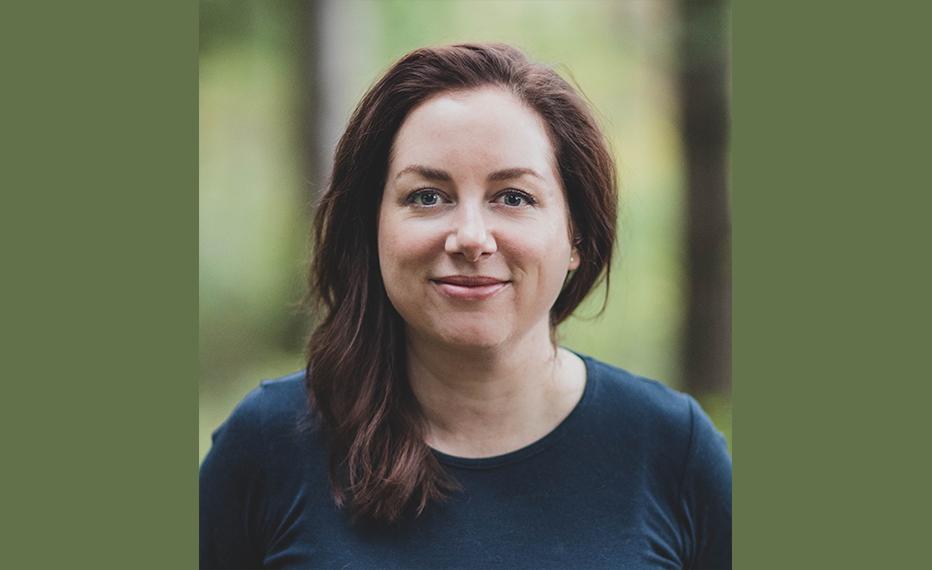
Students improving life: Using technology to examine food structure and extend the shelf life of food
Originally hailing from New York, Louis Colaruotolo accepted a PhD opportunity in food science with Dr. Maria Corradini, associate professor in the Department of Food Science and Arrell Chair in Food Quality.
